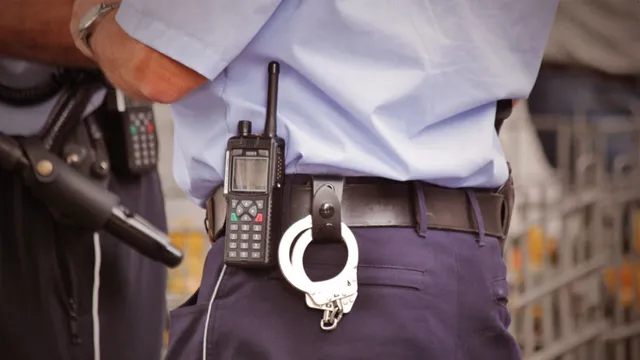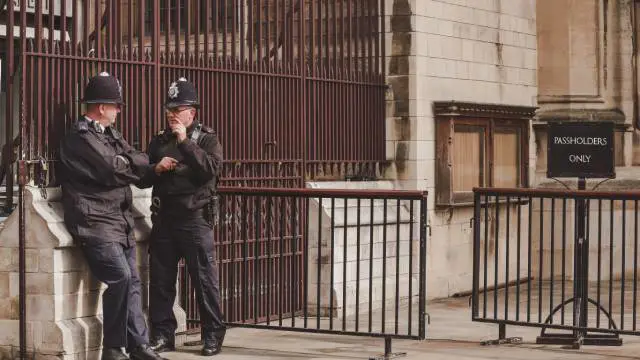Criminal Law With CPD Certificate
Cambridge Open Academy
CPD Certification Service Approved| 30 CPD Points| FREE Certificate +Two Premium Courses| Interactive Learning Materials
- Online
- 12 hours · Self-paced
- Certificate(s) included
- 30 CPD points
- Tutor support
Great service
**3 in 1 Criminal Law With CPD Certificate bundle** Explore the intricate world of Criminal Law with our comprehensive course, meticulously designed to provide a profound understanding of criminal justice. With 22 modules that delve into the core principles of the legal system, y
…





